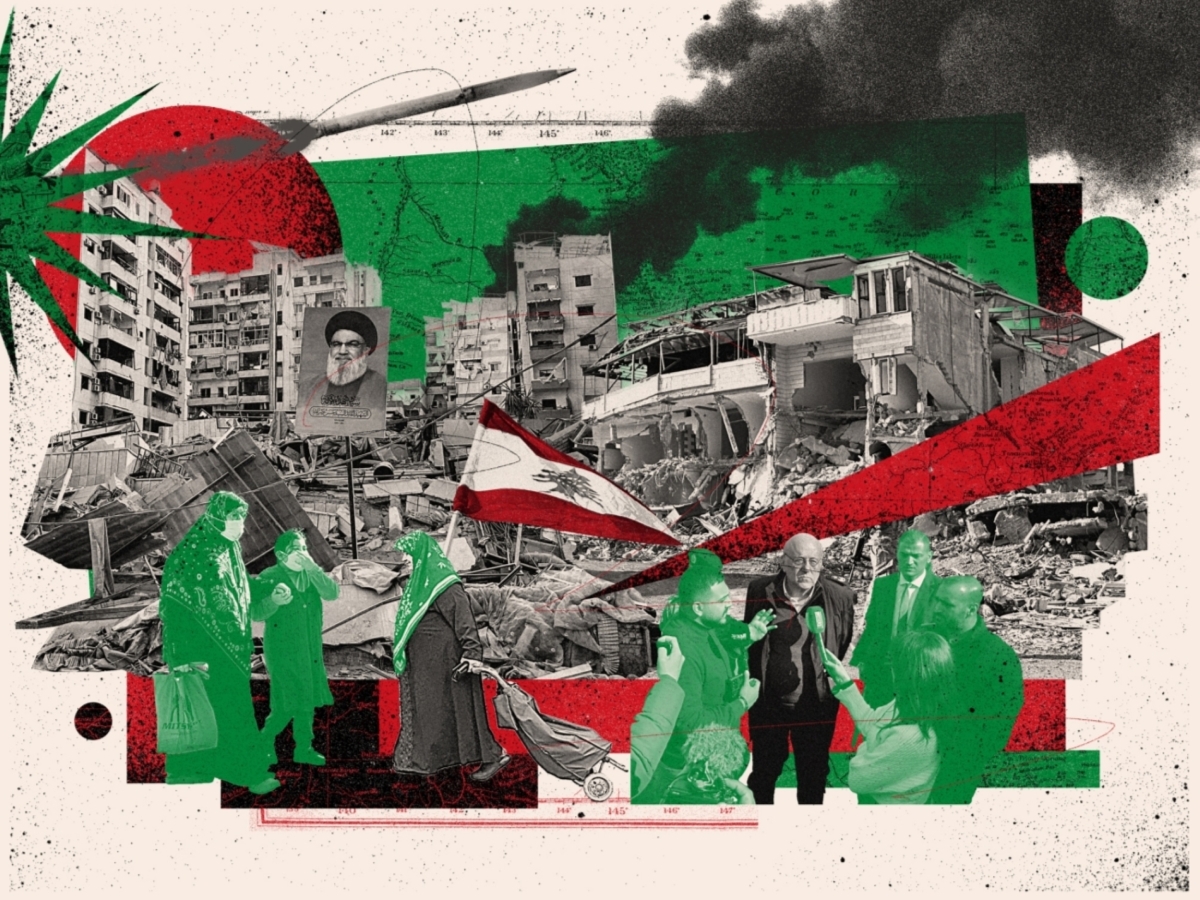Hezbollah Halts Scholarships for Fallen Fighters’ Families Amid Severe Financial Crisis
In a startling development that underscores the escalating financial crisis gripping Lebanon, Hezbollah has announced the suspension of university scholarships for the families of its fallen fighters. The organization’s "Al-Shaheed" foundation, which has historically provided financial support to the bereaved families, will now only cover registration fees for private universities. This decision, reported by Al-Arabiya, highlights the deep economic strain that has affected even the most established and influential groups within the country.
Hezbollah, a powerful political and military entity in Lebanon, has long been known for its robust support system for the families of its members who have died in combat. The scholarships have served not only as financial assistance but also as a symbol of the group’s commitment to its constituents. However, the current suspension of these stipends reflects a broader economic crisis that has led to skyrocketing inflation, a collapsing currency, and widespread poverty affecting millions of Lebanese citizens. The impact of this financial crisis is felt across various sectors, as evidenced by recent developments in the region, including increased violence and instability.
The decision to limit financial support to just registration fees marks a significant shift in Hezbollah’s policy. Families who once relied on substantial scholarship funds to pursue higher education for their children are now left to navigate a more precarious financial landscape. This change not only affects the immediate beneficiaries but also raises questions about the long-term implications for Hezbollah’s support base. As families grapple with increased economic pressures, the group may find itself facing discontent and a potential erosion of loyalty among its ranks.
Experts suggest that Hezbollah"s financial woes can be traced back to a combination of domestic economic mismanagement and external pressures, including sanctions imposed by the United States and its allies. The organization’s reliance on external funding sources, particularly from Iran, has also come under scrutiny as Tehran grapples with its own economic challenges. The suspension of scholarships could be seen as a desperate measure by Hezbollah to conserve dwindling resources, prompting an analysis of its long-term viability as a political and military force in Lebanon. As previously reported, similar situations have arisen in other regions, where armed factions have struggled to maintain support amid financial constraints.

Image for Hezbollah Halts Scholarships for Fallen Fighters’ Families Amid Severe Financial Crisis
The implications of Hezbollah"s decision extend beyond the immediate financial support for families. The suspension of scholarships may signal a shift in the group"s operational priorities, potentially leading to a reassessment of its military engagements and political strategies. As Lebanon continues to navigate its severe economic crisis, the ability of organizations like Hezbollah to maintain their support systems will be critical in shaping the political landscape. The ongoing economic turmoil, coupled with a lack of effective governance, raises concerns about social stability and the potential for increased unrest among the populace.
Looking ahead, the future of Hezbollah and its support for fallen fighters" families hangs in the balance. The organization must navigate the challenging landscape of economic hardship while attempting to maintain its influence and commitment to its constituents. As Lebanon faces an uncertain future, the repercussions of Hezbollah"s financial decisions will likely reverberate throughout the region, impacting not only its internal dynamics but also the broader geopolitical landscape. With the stakes higher than ever, the next steps taken by Hezbollah will be critical in determining its path forward amidst a backdrop of escalating economic challenges.







![[Video] Gunfire between Iraqi security forces and Sadr militias in Baghdad](/_next/image?url=%2Fapi%2Fimage%2Fthumbnails%2Fthumbnail-1768343508874-4redb-thumbnail.jpg&w=3840&q=75)
